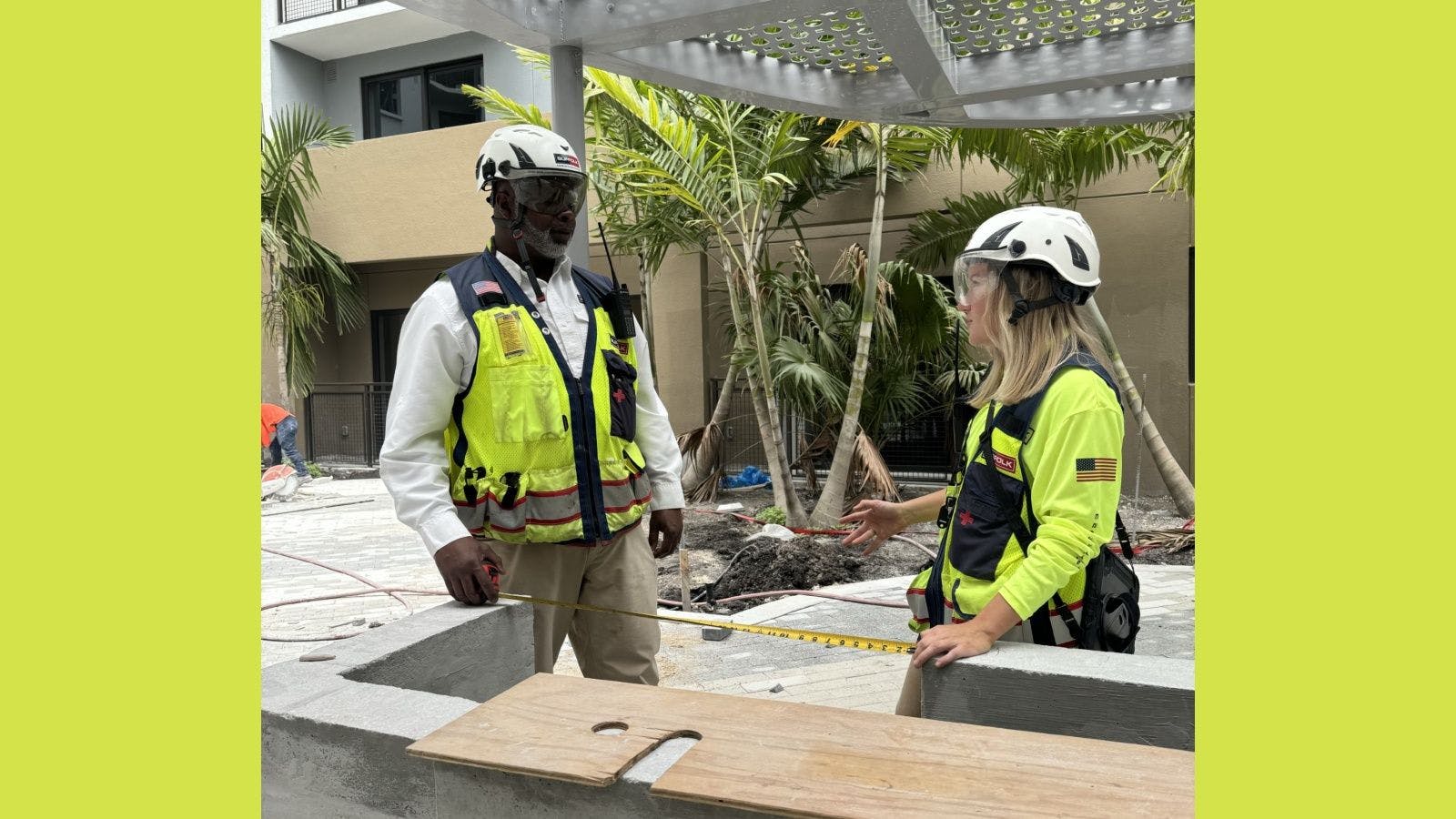
Women- and Minority-Owned Construction Firms Prosper From Public-Private Mentor Training Programs
The AEC industry, particularly construction, is suffering from a severe shortage of available staff. As companies struggle to fill salaried and skilled labor positions at all levels in the industry, those leaving the construction workforce are not being replaced at near the same rate.
However, a segment of smaller businesses, predominantly woman- or minority-owned and led, does exist. If fostered and mentored, these businesses could go a long way to filling the resource gap. Through local partnerships, AEC companies are changing the narrative and increasing capacity by mentoring companies with the work ethic and desire to grow.
This type of collaboration is urgent and necessary to ensure that small W/MBE firms receive the training, experience and resources to collaborate with larger firms. This approach helps mitigate the risk and remove the barriers that have historically blocked these W/MBE firms from expanding their businesses. They also help increase capacity within the industry, support the economic development of local communities and businesses, and contribute to the socio-economic development of their communities.
These partnerships also play a critical role in advancing and increasing diversity in the $1.3 trillion AEC sector, which has ostensibly lagged behind other industries in minority participation. For instance, African-Americans represent a small percentage of construction workers, with only 6% holding jobs in this industry, according to a Bureau of Labor Statistics report.
One example of how public-private partnerships are preparing small W/MBE construction-related firms for future growth is The Beck School of Construction (BSOC),a partnership program with The City of Fort Worth. The BSOC is a mentorship training program formed by the integrated design-build firm The Beck Group and the City of Fort Worth.
The school's origin stems from work on a significant Fort Worth construction project, Dickies Arena. In 2015, The Beck Group was hired to build Dickies Arena, a $540 million multi-purpose arena and a significant and highly visible project in the community.
The project also came with an MBE goal that quickly exposed a shortage of qualified firms in the region. It was more difficult than anticipated to find local African-American, Hispanic, and other minority-owned trade partners who possessed the required skills and experience to work in the massive 14,000-seat arena.
But with the assistance of The City of Fort Worth, the North Central Texas Regional Certification Agency and local minority organizations and chambers, Beck found enough firms for the project, which was completed in 2019. At the end of the project, more than $50 million of work was performed by NCTRCA-certified MBE firms, surpassing the goal set for the project. After completion, in partnering with the City of Fort Worth, Beck set out to identify companies and provide education that would help grow individuals and companies and expand the overall capacity of the region in a way that could lift and build the community.
Now in its third year, the program offers training and other support for MWBE contractors in trades ranging from drywall installers to janitorial services. It has helped firms overcome the lack of capacity and experience when bidding on large building developments.
The school offers courses on preconstruction requirements, bidding and managing projects, business development, construction law, bonding, and other areas that provide students more success in competing for projects and expanding their businesses. The school also has scheduled tours of jobsites and Beck's sister company Factory Blue, a Fort Worth prefabrication manufacturing facility, to add a real-world learning experience to the program's curriculum.
Last year, the City of Fort Worth awarded $6.2 million in construction project contracts to eight of the school's graduates, and Beck awarded $3.1 million in contracts to four graduates. More than 30 students have graduated from the school since its inception.
The number of minority-owned firms enrolling in the school has grown significantly due to greater awareness of the program and current and former students spreading the word of its positive impact on their business.
With a greater emphasis on diversity, inclusion, and social equity in our society, programs like those in The Beck School of Construction meet challenges by providing new and rewarding opportunities for diverse firms seeking to build their businesses and communities.
Related stories








